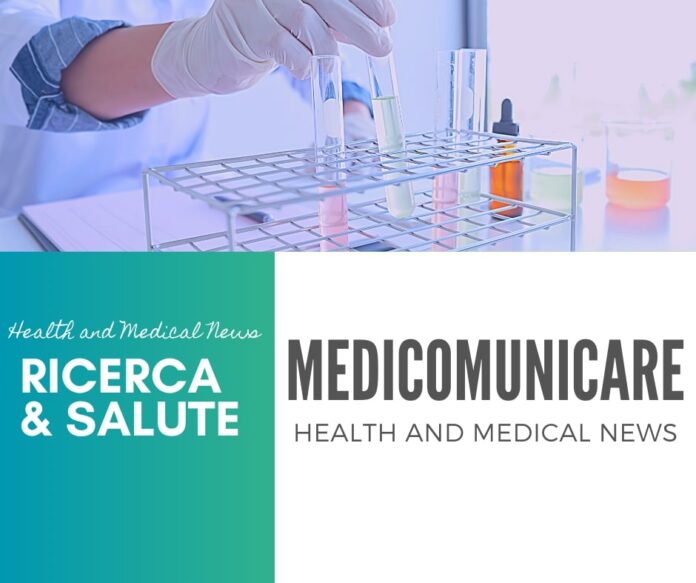Sebbene gli anziani partecipino relativamente meno ad attività fisiche faticose, sono inclini a lesioni muscolari meccaniche durante i loro programmi di esercizi e mobilità di routine o le normali attività quotidiane. Le contusioni muscolari, colloquialmente note come “muscoli ammaccati”, sono le lesioni più comuni che accompagnano collisioni e cadute negli anziani. Caratterizzata da dolore e gonfiore che accompagnano traumi da corpo contundente alle fibre muscolari e al tessuto connettivo, la condizione ha storicamente ricevuto poca attenzione geriatrica a causa dell’attenzione di quest’ultima alle fratture correlate alle cadute. Sfortunatamente, anche in assenza di fratture, cadute e impatti simili possono causare contusioni muscolari che possono lasciare gli anziani con settimane o addirittura mesi di dolore e debilitazione. Una ricerca recente ha chiarito la durata della guarigione muscolare (da poche a diverse settimane) negli adulti più giovani.
Nonostante la mancanza di prove simili negli anziani, gli effetti dei meccanismi di invecchiamento in altri sistemi di organi insieme a precedenti esperimenti di sistema modello di ratto condotti dall’attuale team di ricerca suggeriscono che la durata della guarigione è prolungata nelle coorti più anziane. Il trattamento convenzionale delle contusioni prevede l’uso di FANS, principalmente per le loro proprietà antidolorifiche. Sfortunatamente, gli effetti curativi muscolari dei FANS non sono mai stati convalidati clinicamente, con alcuni esperti che suggeriscono che gli interventi potrebbero avere effetti controproducenti. Gli integratori alimentari come gli oli di pesce (FIO) hanno mostrato notevoli promesse nell’invertire gli effetti associati all’età, con notevoli benefici correlati alle loro proprietà antinfiammatorie e antiossidanti. Mentre la loro utilità nella riparazione muscolare rimane non testata, studi precedenti hanno suggerito il loro potenziale per migliorare la salute muscolare.
In uno studio recente pubblicato sulla rivista Nutrients, i ricercatori hanno condotto esperimenti in vitro (cellule mioblastiche C2C12 di topo) e in vivo (utilizzando ratti Sprague Dawley invecchiati (22 mesi) e adulti (8 mesi)) per studiare i potenziali benefici degli integratori di olio di pesce nella guarigione muscolare. I risultati hanno rivelato che l’invecchiamento ha prolungato significativamente i periodi di recupero nei sistemi modello di ratto, con i ratti più anziani che hanno dimostrato un recupero significativamente più lento rispetto alle loro controparti più giovani. In particolare, l’integrazione di olio di pesce (contenente il 45% di acido eicosapentaenoico o EPA) e il 10% di acido docosaesaenoico (DHA; incorporato nella dieta a una concentrazione di 33 g/kg) ha dimostrato di aiutare ad attenuare gli impatti di ritardo della riparazione dell’invecchiamento, con il 78% dei ratti anziani integrati con olio di pesce che hanno dimostrato tassi di guarigione muscolare paragonabili alle loro controparti più giovani.
Nei ratti adulti, si è verificata una riduzione del 20-25% della contrattilità muscolare 7 giorni dopo la lesione, mentre nei ratti di controllo anziani si è verificata una riduzione del 30-40%. I risultati degli esperimenti in vitro su linee cellulari murine hanno confermato queste scoperte e hanno suggerito che l’olio di pesce può migliorare la risigillatura e la riparazione della membrana, contribuendo così ad accelerare la guarigione. Il presente studio evidenzia il potenziale di guarigione muscolare degli integratori di olio di pesce, che sono stati osservati accelerare il recupero muscolare sia nei modelli di ratti anziani in vivo che nelle cellule C2C12 in vitro. I dati suggeriscono che gli omega-3 possono promuovere il recupero da lesioni meccaniche migliorando i processi di riparazione della membrana, che coinvolgono proteine chiave come disferlina e TRIM72/MG53. I meccanismi molecolari non sono stati studiati in dettaglio, ma l’azione antinfiammatoria degli acidi omega-3 non può essere esclusa.
Le cellule muscolari sono esposte a regolari lesioni meccaniche durante la contrazione e pertanto richiedono un processo rapido e robusto per mantenere l’integrità della membrana sarcolemmale e mantenere l’omeostasi cellulare. Le proteine chiave coinvolte in questo processo di riparazione includono disferlina e TRIM72/MG53, la cui inibizione può aumentare la degenerazione muscolare e, a sua volta, la fibrosi, compromettendo o rallentando così il recupero. Allo stesso modo, sono coinvolte proteine per l‘integrità del reticolo sarcolemmale, come Grp78. I risultati dello studio hanno ulteriormente confermato i cali associati all’età nella velocità di recupero muscolare nei ratti, ma hanno osservato in modo incoraggiante gli effetti protettivi degli integratori FIO nell’attenuare questi cali. Questi risultati non sono gli unici pubblicati dal gruppo: il team lavora sul problema dal 2015, quando aveva già trovato alterazioni nel metabolismo degli sfingolipidi e nel processo di autofagia cellulare.
- A cura del Dr. Gianfrancesco Cormaci, PhD, specialista in Biochimica Clinica.
Pubblicazioni scientifiche
Russ DW, Sehested C et al. Nutrients 2024; 16:3511.
Russ DW et al. Lipids Health Dis. 2020, 19, 165.
Russ DW et al. Exp Gerontol. 2018; 111:241–252.
Iolascon G et al. J. Nutr. Health Aging 2017; 21:527.
Russ DW et al. Biogerontology 2015; 16:747–759.

